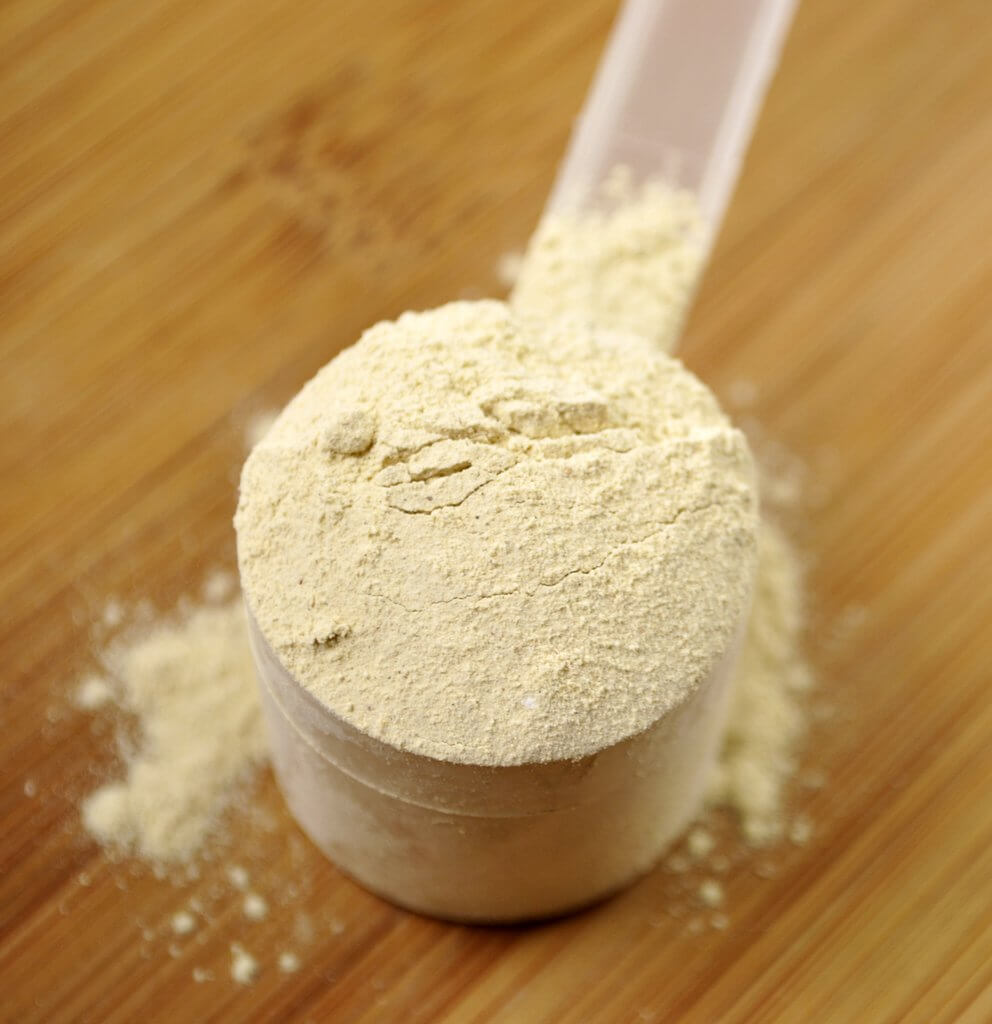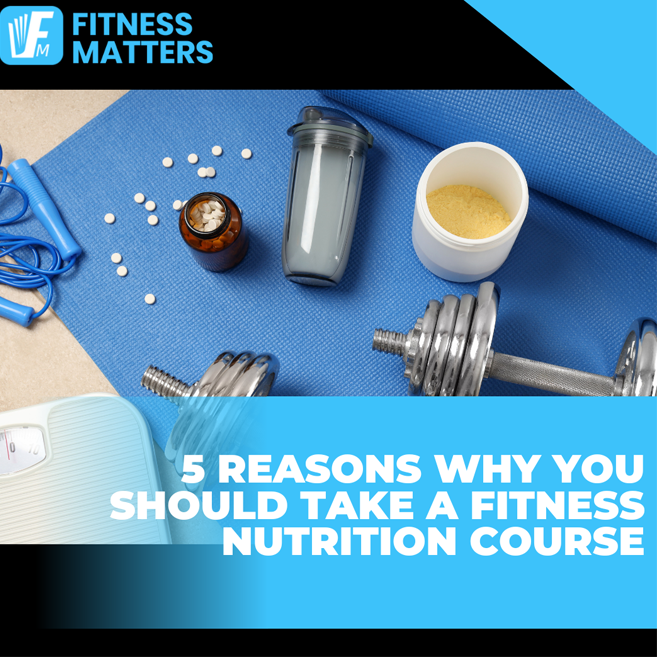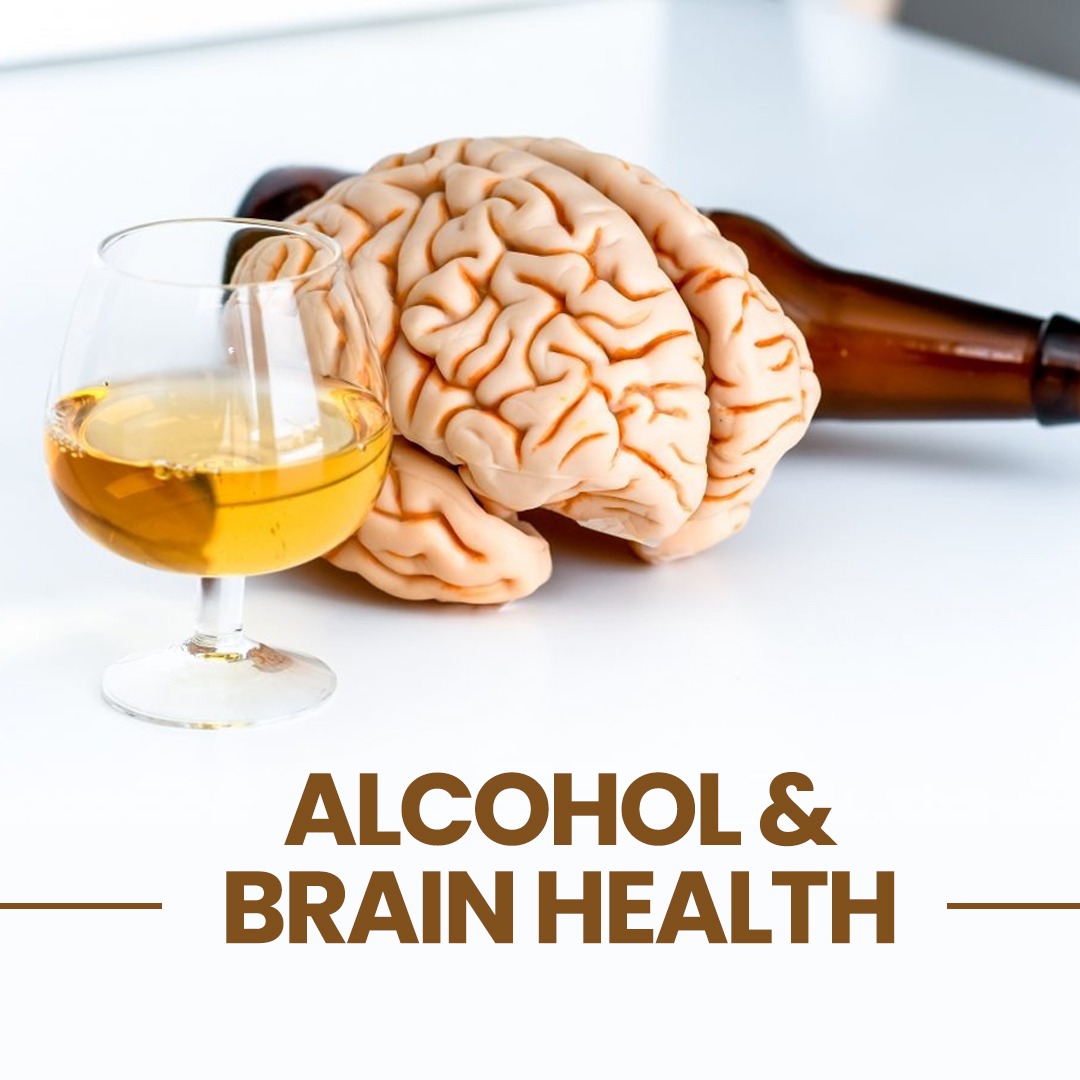
All proteins are not made equally. But whey, which is a form of protein, is far better from other type of proteins.
Is it, if so, why?
Because whey protein contains all amino acids (essential, non-essential amino acid),research shows that it can help in gain muscle size and strength.
Except age and gender, resistance training and adequate amount of protein can increase protein synthesis in healthy adults.
What is whey protein?
Whey protein is a blend of isolated amino acids from whey. It’s the liquid part of milk, which is separated during cheese making process. In this process the contents have two main types of protein: 80% casein (slow digested) and 20% whey (fast digested).
Whey is the residual watery portion left in the cheese making process e.g. if you have open curd or yogurt container, you can see the liquid floating on the top, that is whey.
Generally, whey is well tolerated because the liquid form of whey is processed into powder form byan ultra-filtration process. Which helps in removal of lactose and other non-tolerable substances, so it is good for those people also who are lactose intolerant who can’t digest milk easily.
Is whey protein helpful in weight loss?
Protein can aid in weight loss. Studies have showcased that eating approximately 30% calories from protein can cut craving by 65%, if you are on carb-controlled diet or low carb diet.
Research have also shown that replacing other sources of calories with whey protein, combined with weightlifting/resistance training, can lead to weight loss of simultaneously increasing lean muscle mass. Protein can lead to weight loss by increasing you RMR (resting metabolic rate)/BMR (basal metabolic rate) and reduce craving.
Keep in mind, that one must not replace calories without a specific purpose or restrict one category of a macronutrient, a balanced diet is the key to a healthy lifestyle.
Is protein supplement necessary?
Protein supplements may be a quick fix food for a person, who doesn’t have much time to eat e.g. college students, businessmen or employee in any reputed firm etc. But protein supplements are not recommended as a replacement of natural sources of protein from food. On the contrary, for the person who is involved in any type of resistance training and is trying to build muscle, must go with whole foods and must only take the aid or assistance of supplementation in times constraints or as a matter of convenience but not exceed ADI (adequate daily intake) at the same time.
Protein supplementation is not required if you have access to a diet, which is healthy and contain adequate nutrients. For general population ADI for women is 46 gm per day and 56 gm per day for men.
As they say, too much of a good thing can have repercussions as well. Excessive protein intake is not beneficial. In fact, excessive protein intake can cause dehydration, kidney issues etc.
Extra protein consumption gets excreted in the urine, so it’s not beneficial because before excretion it can create heavy load upon liver and kidneys.
Take Home: Protein intake should be from food sources.
If you have performance goals or want to compete as an athlete, then protein as a supplement might be helpful. (Under the recommendation and consent from a Qualified Sports Nutritionist)
- fitnessmatters
- May 24, 2022
- 6:12 pm
- No Comments









